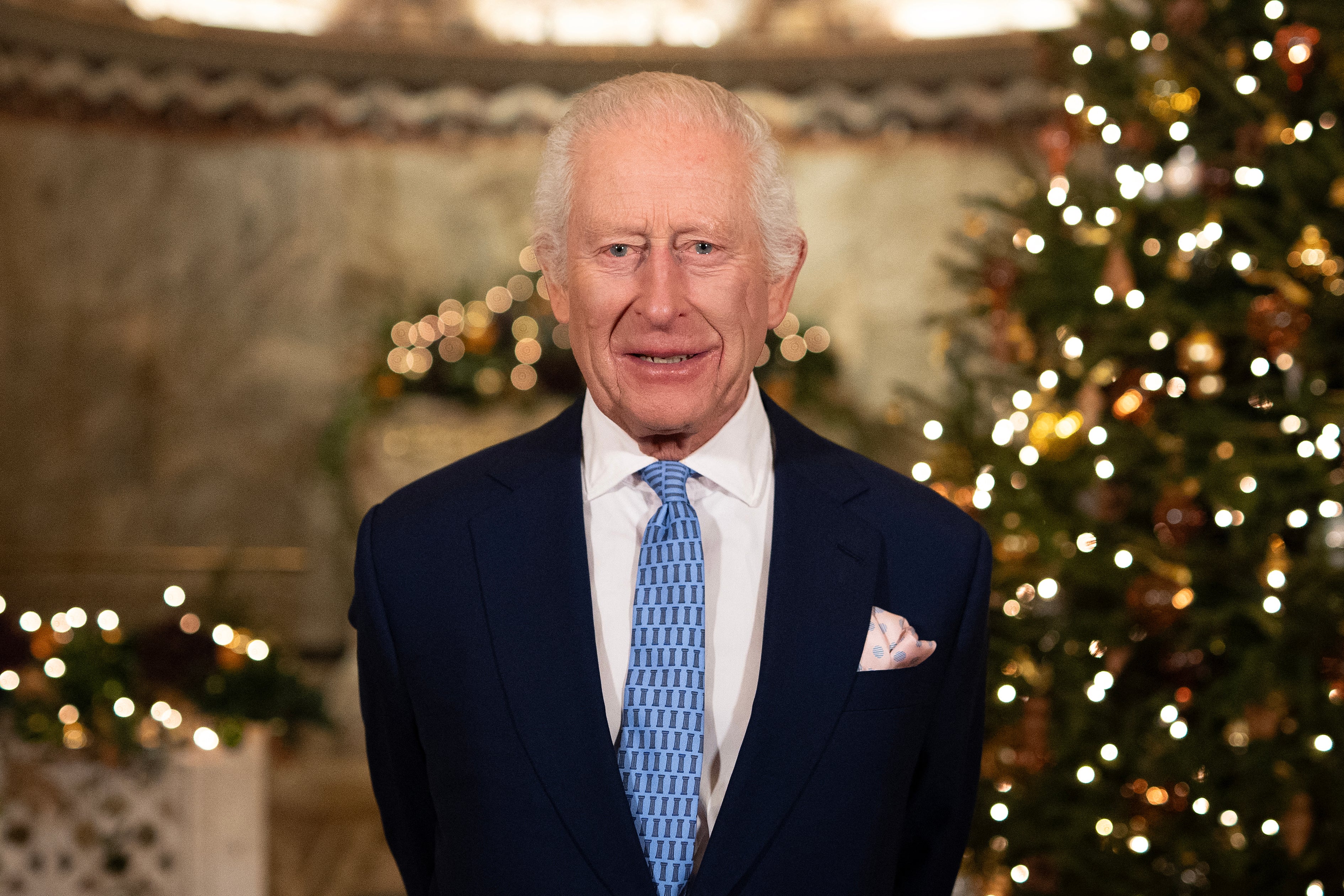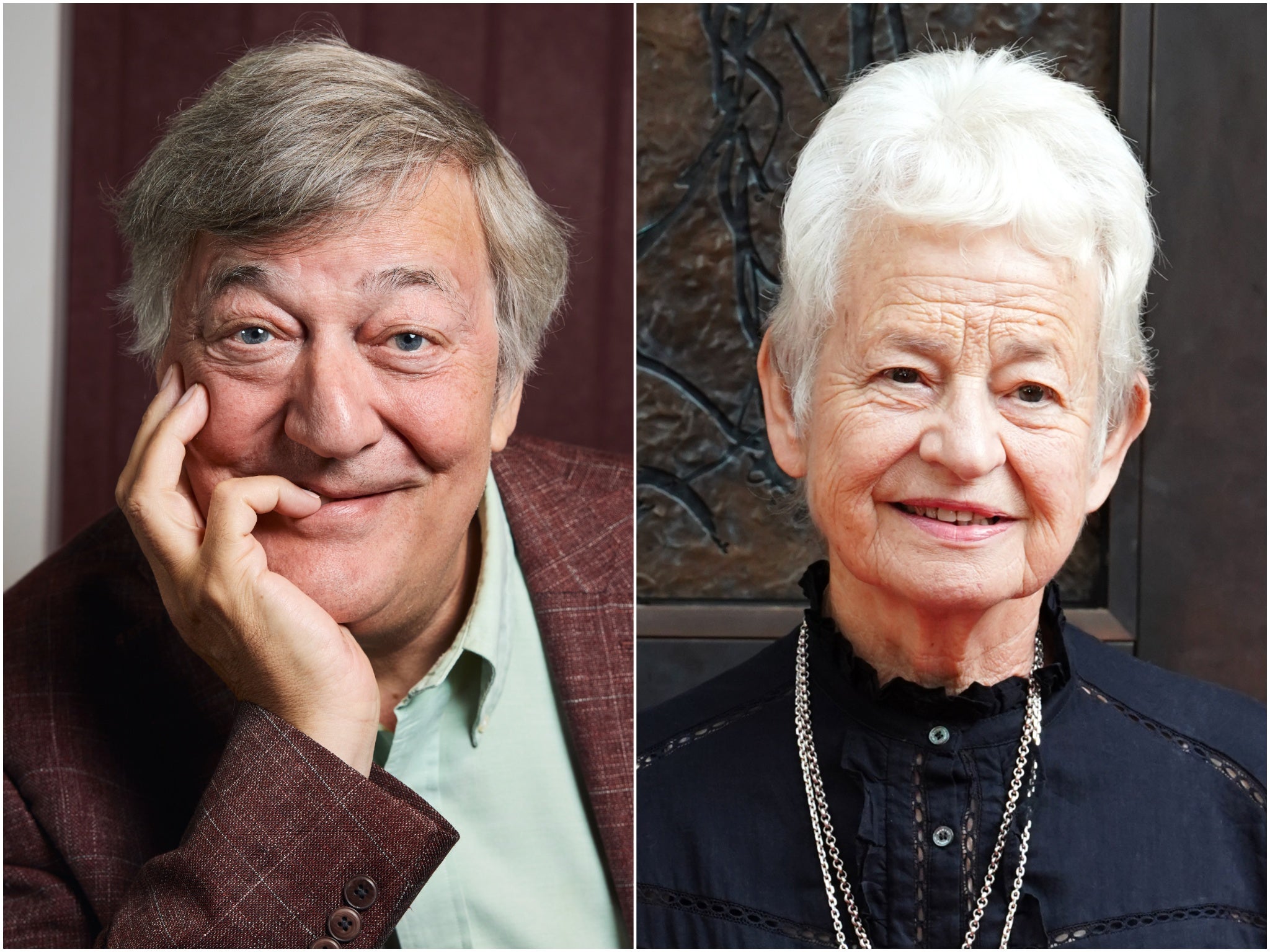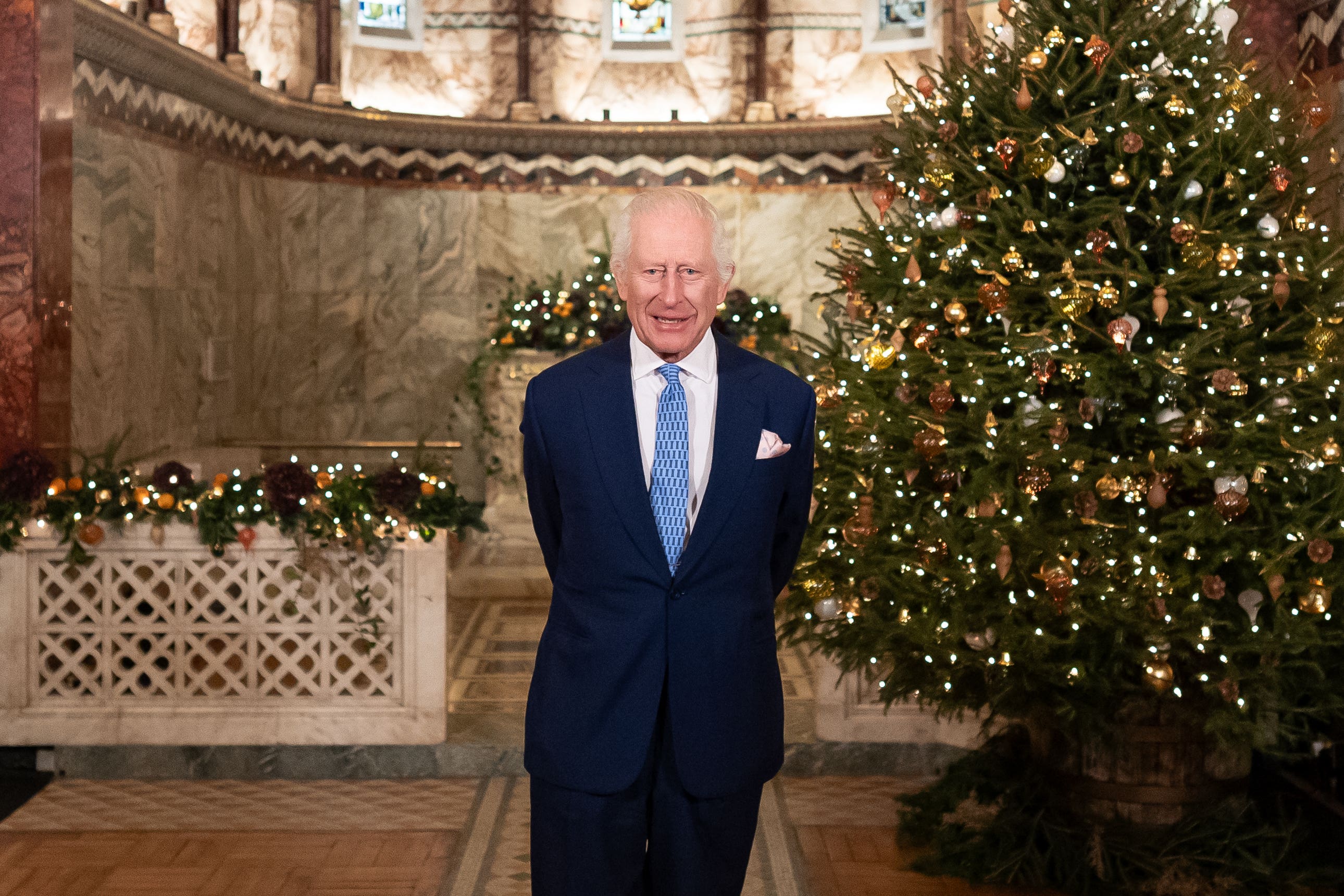How the British honours system works and the different types explained
A look at the inner workings of the honours system

With the release of the New Year Honours many people will be asking how and why certain people have been selected.
Actor Stephen Fry, former England manager Gareth Southgate and London mayor Sadiq Khan have been knighted in the New Year Honours.
Honours have gone to a host of Team GB athletes, including runner Keely Hodgkinson, who was named the 2024 BBC Sports Personality of the Year, and mountain biker Tom Pidcock, after the Paris Olympics.
There are also honours for those who campaigned on behalf of wrongfully convicted subpostmasters, after the Horizon IT scandal.
Sir Stephen, 67, known for BBC comedy Blackadder and hosting quiz show QI, was recognised for services to mental health awareness, the environment and to charity.
Here we look at the inner workings of the honours system:
What are honours for?
Honours as part of orders of chivalry have been given by monarchs since the Middle Ages.
In recent times, the British honours system has recognised people who have “made achievements in public life” and “committed themselves to serving and helping Britain”.
It acknowledges long-term volunteers, innovators, entrepreneurs, individuals displaying “moral courage”, those making a difference in their community or field of work or people improving life for others less able to help themselves.

Honours are given to people involved in a range of fields, including sport, health, science and technology, education, business, and the arts and media.
Gallantry awards recognising bravery can also be given to members of the armed forces and the emergency services, as well as civilians.
How are people nominated for honours?
Any member of the public or an official body can nominate someone for an honour.
UK nationals and citizens of 15 Commonwealth “realms” of which the King is head of state are eligible for nomination.
People living or working overseas, whose achievements were made in another country or in the UK and have a significant international element, can be nominated too.
Nominations are submitted to the Cabinet Office’s Honours and Appointments Secretariat, which oversees the honours system.
Non-British or Commonwealth country citizens can also considered for “honorary” awards.
Who approves nominations?
Consideration of nominations can take 12 to 18 months.
The suitability of nominees submitted to the Honours and Appointments Secretariat is established through “merit” and “probity and propriety” checks.
This vetting process, to avoid bringing the system into “disrepute”, can involve the input of Government departments, regulatory bodies, professional organisations, HM Revenue and Customs and the Acro Criminal Records Office.
A group of 10 independent honours committees, each covering a specialist subject area such as sport or health, consider nominations.
The recommendations of these groups of independent experts and senior civil servants are passed on to the Prime Minister and, ultimately, the King for approval.
The Foreign, Commonwealth and Development Office (FCDO) oversees the Diplomatic Service and Overseas List.
When are honours announced?
Twice a year – at new year and in June on the King’s official birthday.
The lists are published in the official newspaper of the Crown, The Gazette.

Once all recipients have been decided and checked, the Central Chancery of the Orders of Knighthood at St James’s Palace arranges investitures for the presentation of medals.
These ceremonies, held about 30 times a year at Buckingham Palace, Windsor Castle and, occasionally, the Palace of Holyroodhouse in Edinburgh, and are hosted by senior royals.
What are the types of honours?
Lists typically comprise knights and dames, appointments to the Order of the British Empire and gallantry awards.
The most senior ranks of the Order of the British Empire are Knight or Dame Grand Cross (GBE) and Knight or Dame Commander (KBE or DBE).
These ranks permit the use of the title “Sir“ for men and “Dame” for women, with the honour given to those who have made major contributions in any field, usually at a national level.
The order’s ranks, after knighthood or damehood, are Commander (CBE), Officer (OBE) and Member (MBE).
Other honours include:
Special honours are given to people who make outstanding contributions to their community and the country, with the New Year Honours acknowledging more than 1,200 people in the UK this year.
They range from politicians, musicians and actors to senior diplomats and elite sports stars.
Here are the ranks in descending order and some of the people being honoured:
– Companions of Honour (CH)
The Order of the Companions of Honour was founded on June 4 1917 by George V and is limited to 65 members at any one time. Appointments go to those who have made a long-standing contribution to arts, science, medicine or government.
One has been named in the latest list – author and screenwriter Sir Kazuo Ishiguro, honoured for services to literature.
– Dame and Knights Grand Cross
A Dame or Knight Grand Cross is the highest rank in many of the Orders.
Bestselling author Dame Jacqueline Wilson is on the latest list, made a Dame Grand Cross of the Order of the British Empire (GBE) for services to literature, along with Professor Sir Leszek Borysiewicz, former chair of Cancer Research UK, who is made a Knight Grand Cross of the same order (GBE) for services to cancer research, clinical research, medicine and charities.
– Order of the Bath (GCB/KCB/DCB/CB)
This recognises the work of senior military officials and civil servants.
MI5 Director General Ken McCallum becomes Knight Grand Cross (GCB) in the New Year Honours and Tamara Finkelstein, permanent secretary at the Department for Environment, Food and Rural Affairs (Defra) becomes Dame Commander (DCB).
Vice Admiral Martin Connell and General Gwyn Jenkins become Knight Commanders (KCB) along with Lieutenant Tom Copinger-Symes, while another eight military figures are made Companions (CB), as are seven civilians.
– Order of St Michael and St George (GCMG/KCMG/DCMG/CMG)
This recognises service in a foreign country or in relation to foreign and Commonwealth affairs, such as the work of diplomats overseas.
In the latest list, Simon Walters, the UK’s ambassador to Israel, is appointed a Companion of the Order (CMG).
– Knights and Dames Commander of the Order of the British Empire (KBE/DBE)
These are usually bestowed on people who have made a major contribution at national level, who can use the titles dame and sir.
On this year’s main list there are 13 damehoods including artist Barbara Rae and Labour politicians Patricia Hewitt and Emily Thornberry.
– Knights Bachelor
According to the Cabinet Office, The Imperial Society of Knights Bachelor does not constitute a royal order. Rather it is an appointment, for men only, which originates from the medieval period. Recipients can use the title Sir but do not have post nominal letters as in other orders. There is also no direct equivalent appointment for women.
Actor Stephen Fry and former England football team manager Gareth Southgate are among the 22 men knighted.
– Commander of the Order of the British Empire (CBE)
People are recognised with this honour if they have a prominent but lesser role at national level or a leading role at regional level.
It also goes to those who make a distinguished, innovative contribution to any area, and there are 95 this time.
Actors Carey Mulligan, Anne Reid and Sarah Lancashire and broadcaster Alan Titchmarsh were all made CBEs.
– Officer of the Order of the British Empire (OBE)
People are made an Officer of the Order of the British Empire if they have a major local role in any activity, including people whose work has made them known nationally.
Among the 244 honoured in this way in the latest list are Post Office campaigners Lee Castleton, Jo Hamilton, Christopher Head and Seema Misra, and journalist Rebecca Thomson, who wrote about the scandal in Computer Weekly.
– Member of the Order of the British Empire (MBE)
This rank recognises outstanding achievements or service to the community with a significant long-term impact.
Those made Members of the Order of the British Empire in the latest list include sporting figures Dina Asher-Smith, Keely Hodgkinson and Katarina Johnson-Thompson among 500.
– British Empire Medal (BEM)
The BEM was reintroduced in 2012 by then-prime minister David Cameron as part of his bid to make the honours system “classless”, saying too few people making a difference in their areas were made MBEs.
The medal goes to 317 people in the King’s Birthday Honours.
Join our commenting forum
Join thought-provoking conversations, follow other Independent readers and see their replies
Comments